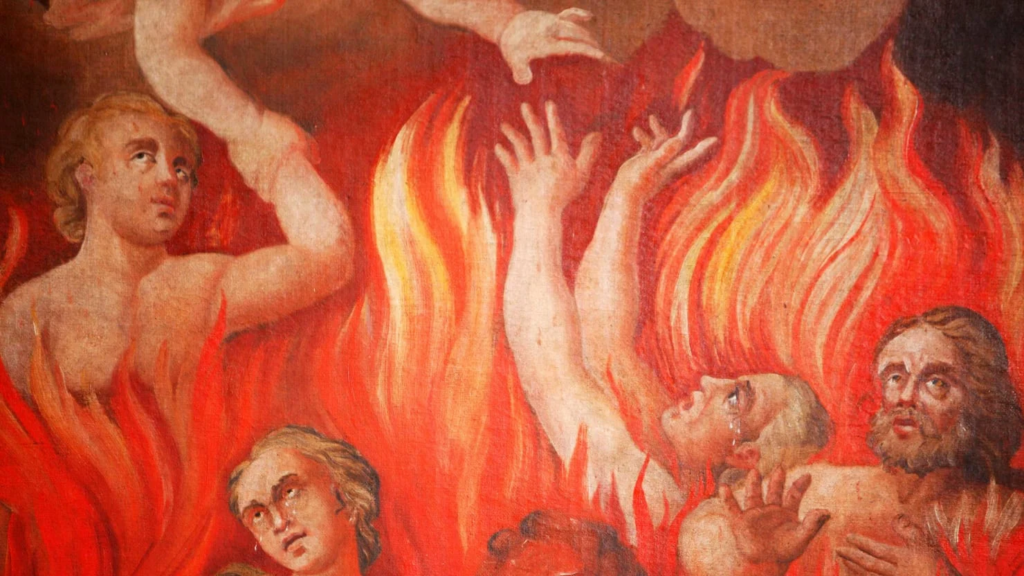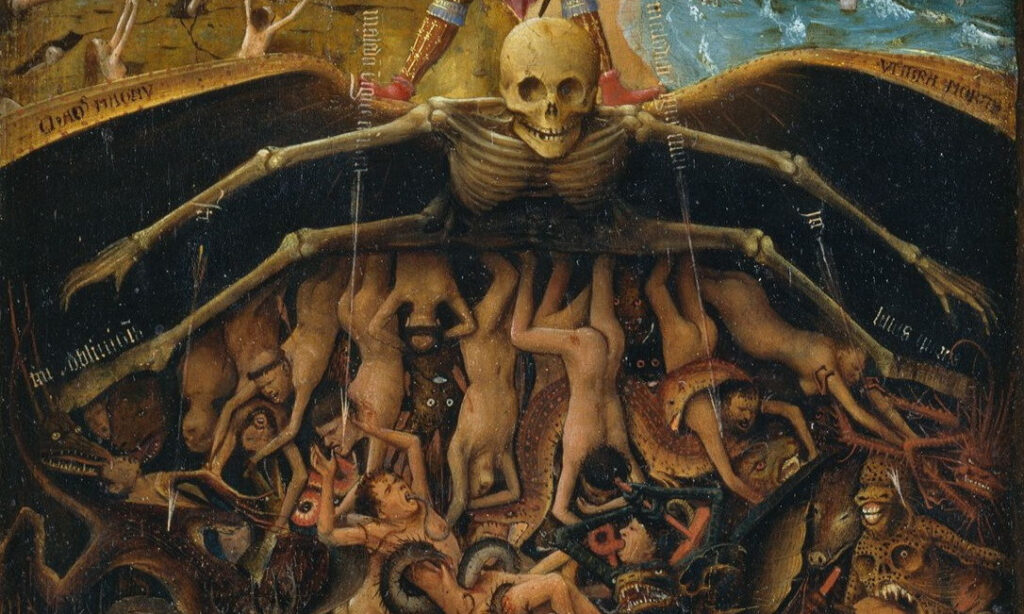How the Multiverse Destroys the Design Inference for Anything
Scientists have discovered that our universe displays an incredible degree of fine-tuning. This fine-tuning, found in the laws of physics, makes it possible for life to exist. And it is so improbable that it strongly implies God designed the universe. Unsurprisingly, atheists reject this conclusion and their best alternative explanation is to claim that a […]
How the Multiverse Destroys the Design Inference for Anything Read More »



